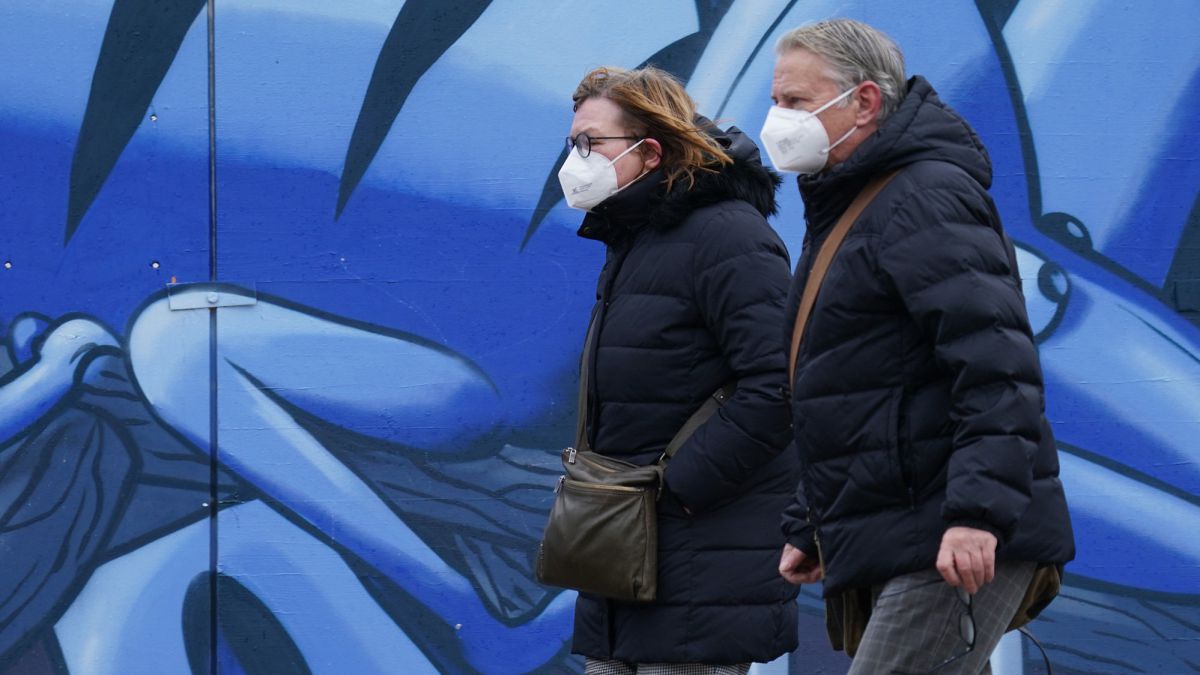Read more from Author Melissa Galbraith here: https://globelivemedia.com/author/melissa-galbraith/
The new strains of coronavirus have set off alarms. Although they do not have to be more virulent, they are much more contagious, so the number of infections is skyrocketing in much of the world. The British variant of the coronavirus already circulates in sixty countries, ten more than those recorded on January 12, according to the latest data from the World Health Organization (WHO), while the arising in Brazil and South Africa they are of great concern to the scientific community.
This has caused going shopping or going to work become activities with a high risk of contagion, which highlights the need to leave home protected. For this reason, some countries of the European Union have opted for forcing the use More filtering masks in public spaces, preferably FFP2.
The end of cloth masks?
Since birth, the efficacy of cloth masks has been much debated. Scientists warned that this type of artisanal protection did not meet the necessary security requirements to protect us from the virus. “They are like crocheted condoms”, Mila Domingo, a pharmacist from Alzira (Valencia), declared. Now, given the rapid expansion of the British strain, they have been practically ruled out. More and more European countries insist on using professional masks to the detriment of homemade ones.
Austria was the first nation to enact the mandatory use of the FFP2 mask in supermarkets and public transport, a measure that is added to others such as the implementation of telecommuting or the expansion of total isolation, which was implemented on December 26 and is scheduled to last until February 7. From that moment, schools will be able to reopen, but it is not clear that commerce and hospitality will be able to do the same. Aware that they are more expensive, the Austrian Government promised that low income people would receive FFP2 masks free, just like the over 65 years.
As well Germany has joined the use of professional masks, surgical or FFP2, for access public transport, shops or any administrative service. Angela Merkel’s government made this decision last Tuesday after holding a meeting with regional presidents. It was also agreed to extend the current closure from January 2 until February 14, As minimum.
Finally, in France, the High Council of Public Health, a body that advises the Executive on health issues, also insists on recommending that non-approved fabric masks are not used, since only filter 70% of 3 micron particles and they tend not to fit the face properly, which further diminishes protection. Instead, they recommend using the professional protection, surgical masks or category 1 textiles, having a filtering greater than 90%.
Spain still recommends hygienic masks
In Spain, the use of FFP2 masks is also widespread. However, the Ministry of Health still advises healthy people use hygienic masks, which include cloth and non-professional ones. The FFP2On the other hand, they are still considered as personal protective equipment (PPE) and are recommended only for health personnel and people who have close contact with COVID-19 patients. For their part, infected people are recommended to use surgical masks.
However, some Health centers Spanish yes they prohibit entering with cloth masks because, at first glance, it is not possible to distinguish whether or not they are approved. In return, offer a surgical. The WHO also advises against cloth masks in these places.
On the other hand, there are those who begin to demand the use of FFP2 in the educational field. In Asturias, the Teaching Sector of the UGT insists on requiring this type of masks for all teachers in the region. “It is not an occurrence or a whim. The FFP2 masks are the ones that really protect both the person who wears them and others ”, they point out.

